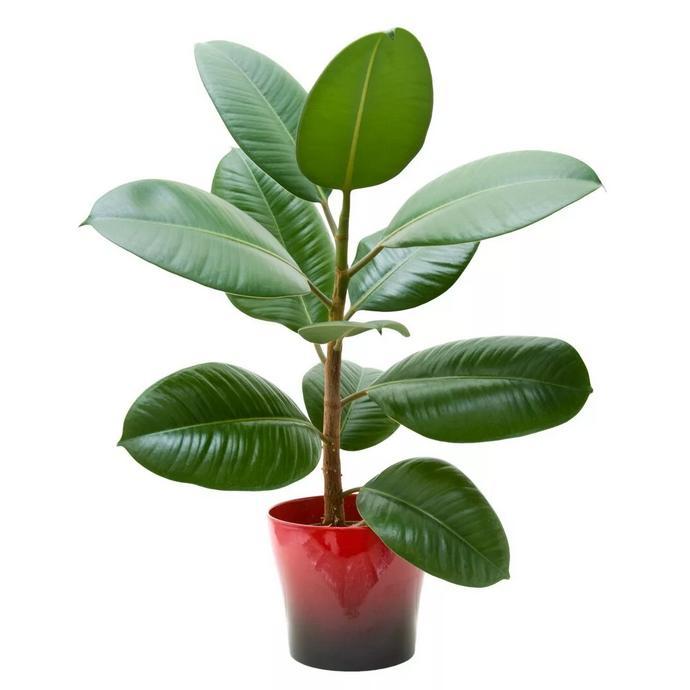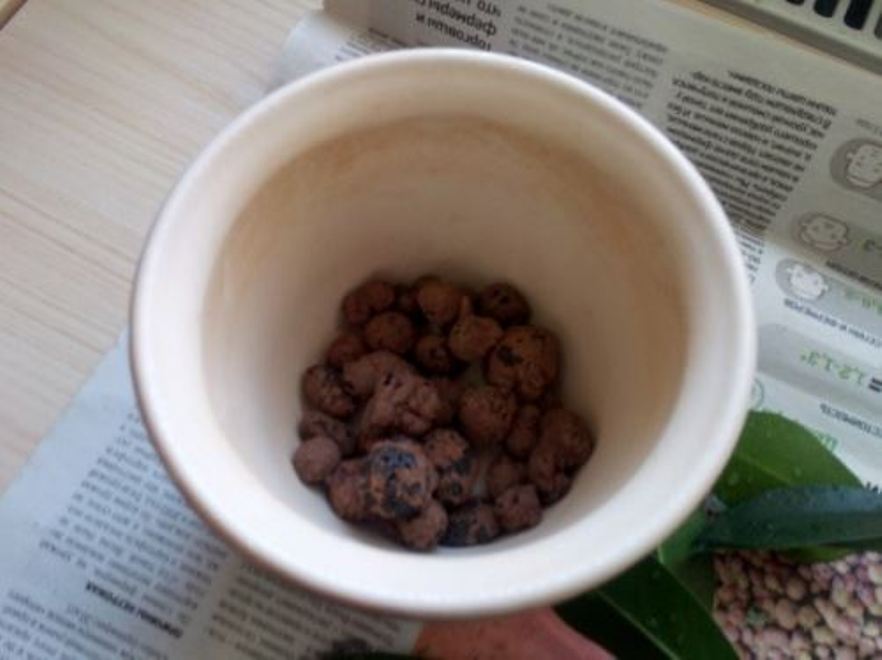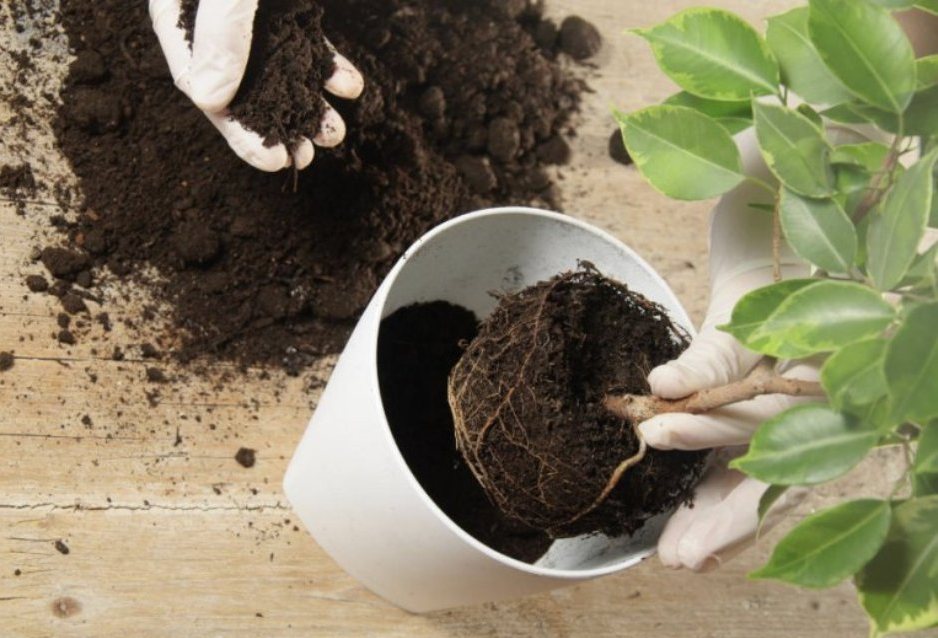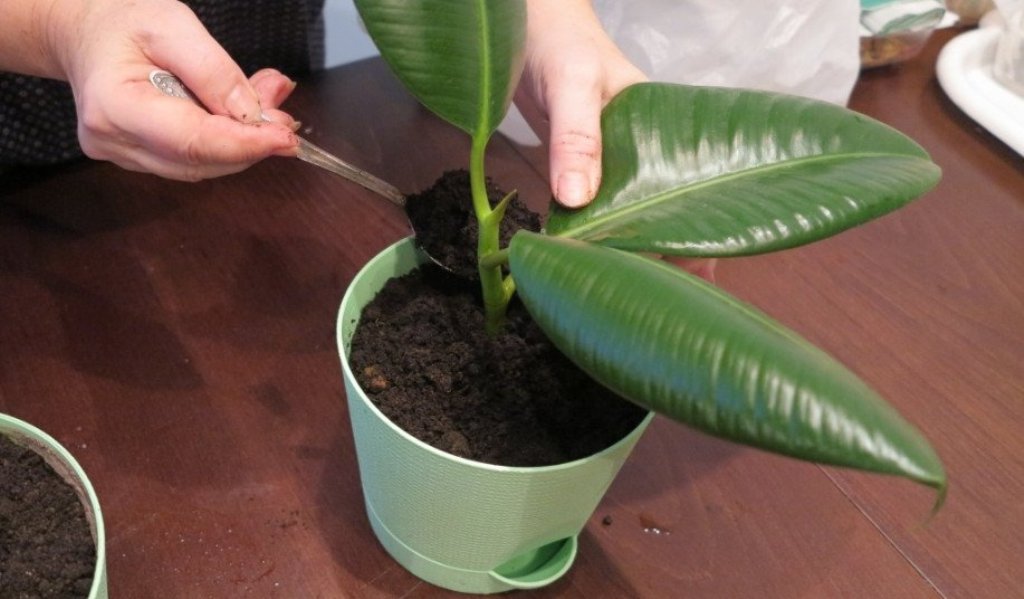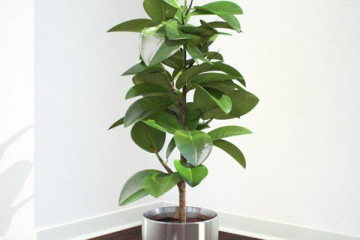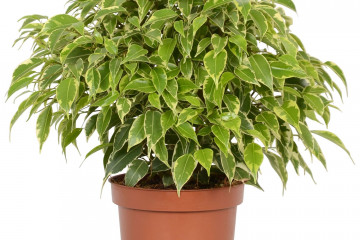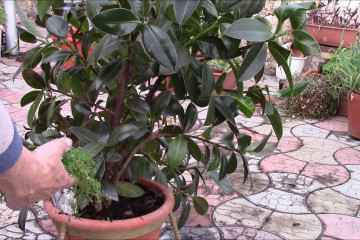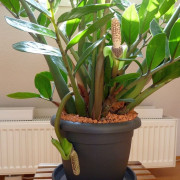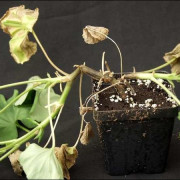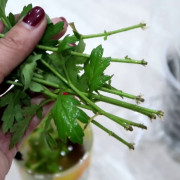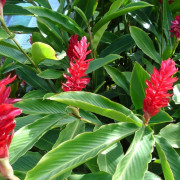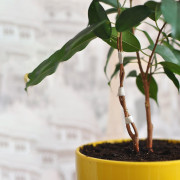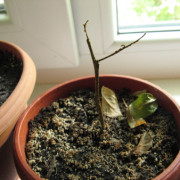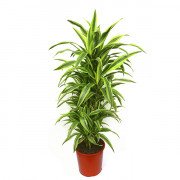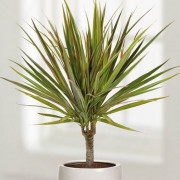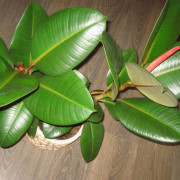Suitable soil for ficus - how to choose
Content:
One of the popular plants growing on windowsills is ficus. It is impossible not to love this flower. It is quite unpretentious in care and does not require special conditions. The main conditions for normal plant growth are regular watering and periodic fertilizing with mineral fertilizers. In addition, in order for the flower to delight with greenery all year round, a soil balanced in composition for the ficus is needed.
What kind of soil does ficus like
Experts advise using a land substrate for transplanting ficuses, which includes peat, river sand and ordinary earth. Other components can be added to the soil that have a beneficial effect on the development of the plant.
Ready-made ficus soil can be bought in stores. This is ideal for those gardeners who do not have the ability to purchase the individual ingredients to create their own mix.
It is necessary to approach the purchase of soil seriously, carefully studying its composition and features. The correct soil mixture should be neutral in acidity. Weak acidity is allowed when applying mineral fertilizers and other dressings. You can correct this indicator by adding lime or a little dolomite flour. They are high in magnesium and calcium, which normalize the pH value.
It is better to refuse mixtures with a high clay content. Such soil for ficus slows down its growth, as it has a high absorption.
The soil should contain the following substances:
- nitrogen (200-600 mg / l);
- phosphorus (200-350 mg / l);
- potassium (300-600 mg / l).
In the future, the lack of nutrients is compensated by the applied mineral fertilizers. The presence of vermicompost is also welcomed, since this product of the vital activity of earthworms stimulates the development of a flower and increases the possibility of its rapid survival in a new container. The introduction of charcoal makes the soil looser.
Ficus does not tolerate waterlogging of the soil. Moisture negatively affects the condition of the plant and can lead to root rot. To solve the problem, drainage is needed that can remove excess water from the tank.
Ficus soil: what soil to use
Trying to understand which land is most suitable for ficus, it must be borne in mind that young plants grow better in looser soil, and mature bushes prefer fertile soil with a high content of nutrients and good drainage.
From the substrates offered by manufacturers, it is better to choose packages marked "ficus" or "palm". They differ from each other in the amount of ingredients and the content of mineral additives. Purchased soil is not processed before use. It can be immediately poured into a container where the indoor flower will grow.
Preparing the soil at home
Many gardeners prefer to create the soil for Benjamin's ficus with their own hands. This allows you to clearly control all the components, if necessary adding the necessary substances for the normal growth of the plant.
Recipe for the right ficus substrate:
- For the Benjamin variety, leafy earth, peat and humus are taken in equal proportions.
- After mixing, fine sand and pebbles are added.
- Everything is mixed again.
- After processing, such soil is used for planting when creating a drainage layer at the bottom of the pot.
For the Palmer variety, you need to mix one part of turf, two parts each of leafy earth and sand. You will also need pebbles, expanded clay or brick chips.
Proper sterilization of the earth
Any natural substrate needs to be sterilized by thermal and chemical treatment. The thermal method can include:
- Freezing. This option is much easier. It is enough to leave the soil in the frost, and in the spring, after thawing, use it for planting. But at the same time, the seeds of most weeds remain viable.
- Heating to high temperatures. A thin layer of moist soil is poured onto a baking sheet, and within an hour it warms up at a temperature of about one hundred degrees. When processing, you need to mix the earth several times. Some gardeners use a water bath, in which the desired result is achieved by steam treatment. The disinfection time is also about an hour.
The disadvantage of heat treatment is a decrease in the number of beneficial bacteria, therefore, in addition, you can use chemical soil treatment. Experts recommend drugs such as Fitosporin, Baikal-EM-1 and others. They contain beneficial bacteria that inhibit pathogenic microbes. In addition, they contain a lot of bacteria that are necessary for the nutrition of the ficus.
Major mistakes in preparation
Most often, growing a favorite flower on the windowsill, the owner tries to water and feed it at least every other day. This leads to a burn of the root system and rotting of its parts. In order for the ficus to begin faster and to have good growth, it should not be heavily watered and fed.
Planting process
When it is decided what kind of land is needed for the ficus, it is first planted in a small pot. After a year, the plant with a lump of earth is transferred into a larger container. The annual transplant process takes up to three years. Then this is done every three years, and after five years of development, it is enough to carry out the procedure after six years. It is recommended to choose pots a couple of centimeters wider than the ficus root system.
What to do with the old land
The old soil can be taken to the site or, after fertilization and sterilization, used to plant new flowers. This is important, since during its use all useful substances are drawn out of it, and pathogenic bacteria start in the soil. Often, after cleaning, soil for ficus is mixed with biological products and left alone for several months.
Thus, the soil for ficus should contain all the ingredients necessary for normal growth, it is easy to pass water and provide comfortable conditions for normal growth. Only with the optimal variant of the mixture will the plant delight with beautiful leaves.
